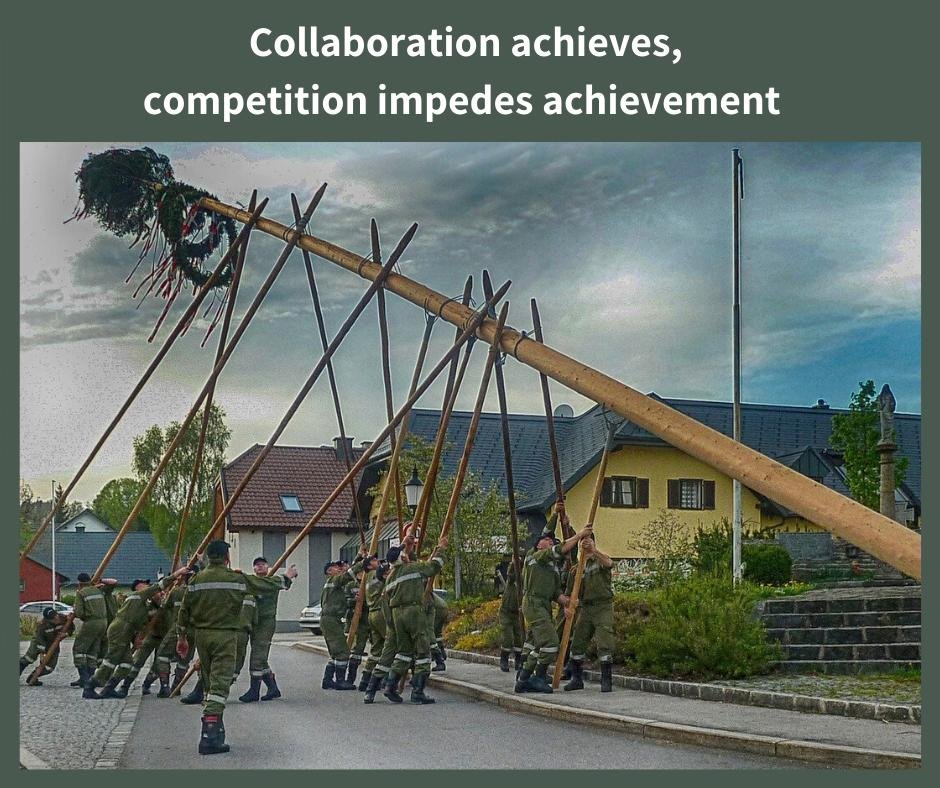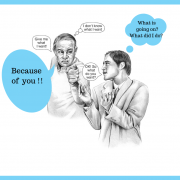5.20 minute read…
There is a reason why we ignore what we know.
Knowing the reason transforms
knowledge into understanding.
A game-changer.
The reasons why we ignore what we know, vary from person to person, but fundamentally it boils down to what we select as valuable. When the truth of something interferes with what we want to be true, we devalue truth and align with our desires—our wants. When the blinkers go on and we deliberately ignore the truth, it means we fool ourselves.
We fool ourselves to believe our desires are the most important thing in the world. This causes us to become people we don’t like. Whatever we value instead of truth is going to create harm to ourselves, others or our environment.
We all have carrots—that ‘something’ we want—and are prepared to ignore everything we internally know in our attempts to get it. They are changeable and often unpredictable; we covet one carrot and then exchange it for another. However, they are always ego-driven. This is recognisable when truth is devalued.
We automatically think of material possessions or achieving an outcome, but our carrots run deeper than that. If we only look at what we covet – our carrots, from the materialistic or accomplishment angle, we prove that we do not understand our motives, which is often the case.
A possession or achievement that we covet and believe proves we have crossed the finish line, becomes a stepping stone to creating a new carrot. Ego driven desires ignite the compulsion for more, because they never truly feed the undercurrent of embedded beliefs, unresolved emotions and suppressed fears that flame the desire.
When the carrot is dangled and we believe it is ours for the taking, we deliberately use the energy of our unconsciousness to get it. We operate from the emotions we deny and generally become governed by one or more of the *seven deadly sins, which become shields to acknowledging the truth of ourselves. (*Lust, Greed, Gluttony, Envy, Wrath, Sloth, Pride and the Narcissism of Vanity.)
What we consider to be a carrot—that important ‘something’, depends on what it is that we desire. Some desires stem from a thought fuelled by a belief that having or achieving that ‘something’, proves we are entitled to live getting what we want. We believe that ‘something’ proves we are more important than others or that we can manifest our desires. Sometimes we believe it will alleviate fear or disprove a belief that we are not good enough. It could have developed from a triggered competition, trying to prove we are better than another or what another has instilled in us or implied we are. It may be sustaining an expectation that we have been indoctrinated into. Carrots came in many varieties.
Regardless of how we dangle the carrot in front of ourselves, it can become a desire that we lose ourselves to. These types of burning desires do not originate from our soul, they stem from the pits of our unconsciousness—the lowest denominator of our energy, and cause us to forsake our souls.
Soul aspirations stem from an innate knowing that is anchored in truth. These cause us to seek the truth and to deal with reality. This is not what I’m talking about here! These carrots cause us to ignore what we know, and to arrogantly oppose the reality of ourselves. We use them to trigger the energy of our unconsciousness, which leads us to be egotistical and manipulative.
The desire to get what we believe we want—our carrots, expose the energy within the cesspit of our unconsciousness and how willing we are to devalue truth. They reveal our lack of understanding about our souls, the life-purpose of resolution and evolution, and of the value of being truthful.
What we covet—our carrots—cause us to:
- feed our denial and then we see no evil in what we do.
- hear no truth and then we avoid acknowledging the reality of how we counteract truth with deception.
- do as we please, and then we resist taking responsibility for our actions.
- speak lies, and then we co-dependently cling to justifying our position.
When we ignore what we know and fixate on the desire, we allow ourselves to embody the resistance, denial and avoidance required to fasten to the pursuit we have forsaken truth for. Facts become irrelevant. Our shared history becomes incidental. The damage we cause becomes trivialised. We become the embodiment of indifference and use resentment, blame and judgement to justify ourselves. We exploit and deny the significance of others. We take, disregarding the consequences and we destroy something—relationships, sense of self or resources. We also extinguish the core essences of our souls.
This pattern of behaviour may land us with the prize we seek, but at what cost? It is also a guarantee that it will not feed our souls, it will feel toxic and leave some form of destruction behind in our path.
The toxicity felt grows and triggers compulsive behaviours, leaving us to contend with our emotionally out-burst or internal implosions. Toxicity creates an internal tension that builds into anxiety, paranoia or a complete superficial existence. We can become stuck on a treadmill of self-sabotage even if we cannot recognise it; fixated on the carrot, unwilling to acknowledge what we are doing to ourselves and others. We separate further from our souls, so that we can ignore what we know.
We don’t understand that our inner angst cannot be quelled with materialism, accolades or ego-driven achievement. Our inability to understand stems from an unwillingness to acknowledge what we know, so we gloss over reality and fixate on the elusive carrot. This eventually leaves us rudderless. We lose purpose because what we have strived for lacks true meaning and becomes purposeless.
Understanding why we desire the carrot can change how we undertake the pursuit. We may walk away knowing it was a fool’s errand, we may take what is still linked to truth and build a meaningful endeavour. Or we may refuse to be honest with ourselves and continue to ignore all we know to align with the desire.
Asking the question of why we desire what we do, and then honestly answering it enables what we know to transform into understanding. Then the catch is to use the understanding wisely.
Recognising when we are lost in the pursuit of an outcome, and awake to how disconnected from what we are experiencing, can be a trigger to ask the question why the outcome is important. It also shows us it is time to address our boundaries. Boundaries reflect our values. Knowing what we value enables us to question ourselves honestly.
When truth and integrity are valued, regardless of the events that unfold, we have an anchor to our soul. This enables us to feed our soul along the journey and to recognise that being of our truth and living with integrity is the achievable carrot that is eaten along the way, not chased down the rabbit-hole of an emotional abyss.
When we make being of the essences of our soul a priority of living, we realise we are already good enough and, instead of trying to prove we are important, we share our significance with all we encounter. Understanding our value system enables us to live in a way that expresses our soul, instead of oppressing our soul.
We live in a world that no longer see each other as souls, sentient beings and instead view us as consumers or exploitable. We have allowed this perception to rob us of the fundamentals of being human.
It has deprived us of:
- Being true to our souls.
- Valuing the core essences of our soul.
- Embracing the journey to achievement.
- Defining life’s successes via experiences.
- Accepting the internal knowing that life is an evolutionary expedition.
- Understanding resolving our unconsciousness creates evolution within ourselves.
Knowing what we value is a stepping-stone to transforming
what we know into understanding.
 Free 12-Day Quote Contemplation Course.
Free 12-Day Quote Contemplation Course. 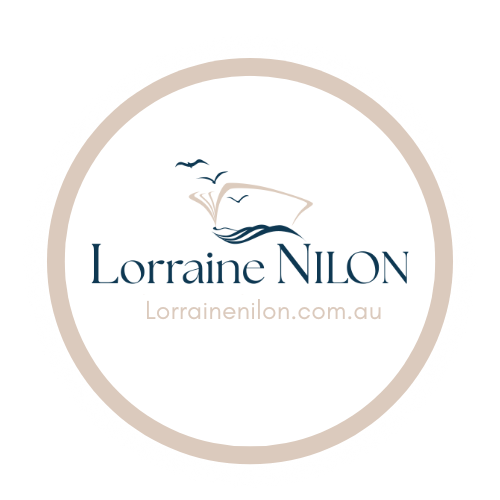
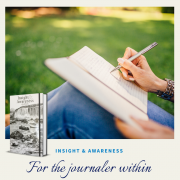 Lorraine Nilon
Lorraine Nilon 
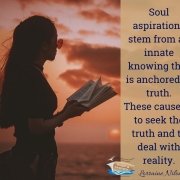 Lorraine Nilon
Lorraine Nilon 
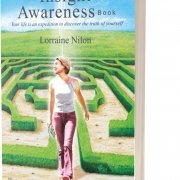
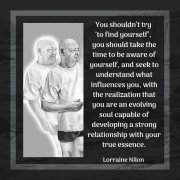

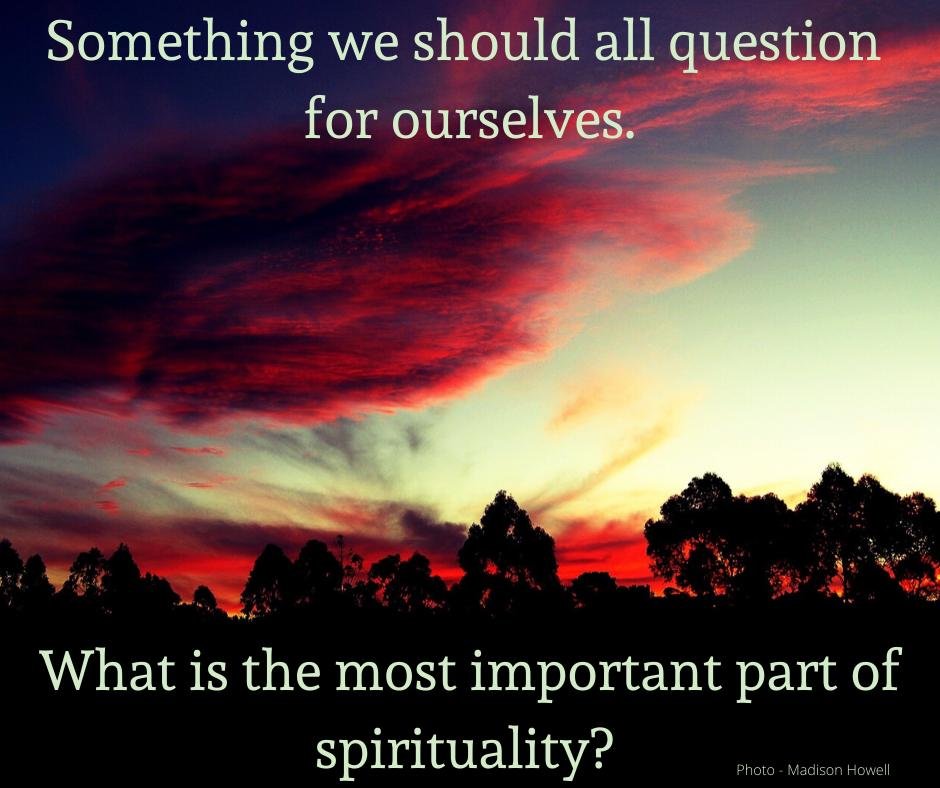
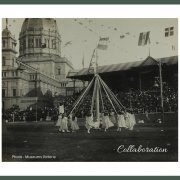 Lorraine Nilon
Lorraine Nilon